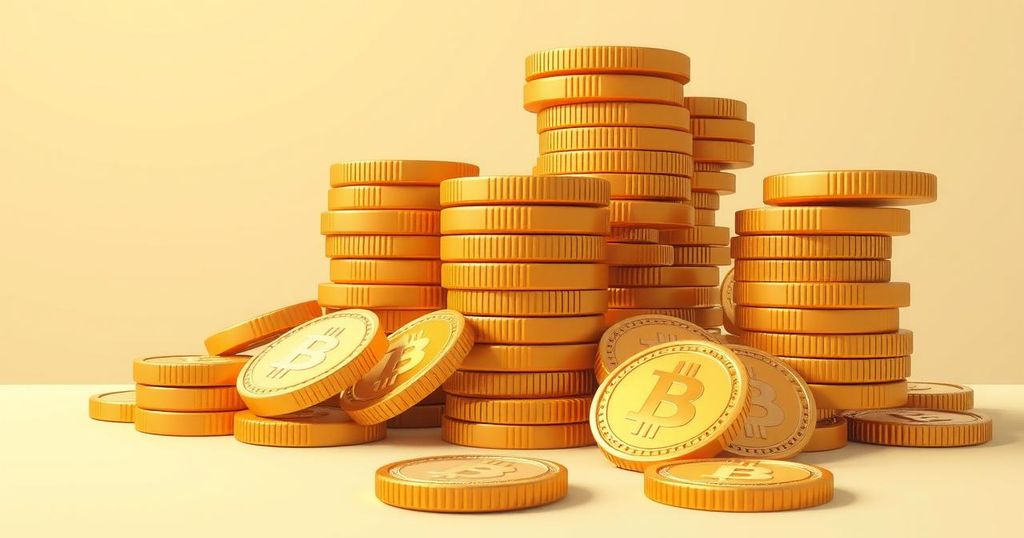The Impact of Rising Gold Prices on Zakat Obligations in Oman
The rise in gold prices to US$3,000 per ounce has increased zakat obligations for Muslim families. Islamic teachings dictate that zakat is due regardless of asset value changes. Community leaders stress the importance of fulfilling this religious duty consistently, emphasizing its spiritual significance.
In Islam, zakat is one of the five fundamental pillars, requiring Muslims to donate 2.5% of their qualifying wealth annually to assist the needy. This obligation promotes fair wealth distribution and enhances community solidarity. In many Muslim households, particularly within Asian and Omani communities, gold is regarded as an investment, not merely as jewelry.
Recently, gold prices have surged to an unprecedented level of approximately US$3,000 per ounce, representing a more than 35% increase since March 2024. This significant rise has led to an increase in the zakat obligations for numerous families, ultimately affecting their financial planning.
Hatim Abdul Salem, an Islamic scholar, emphasized that the obligation to pay zakat remains irrespective of market fluctuations. The nisab, which determines the minimum wealth threshold for zakat, is traditionally defined as 85 grams of gold or 595 grams of silver. As long as a Muslim’s wealth meets or exceeds this threshold within a lunar year, zakat is required, regardless of changing asset values.
Community members strongly support this perspective, highlighting the spiritual importance of zakat. Ahmed al Harthy, a local businessman, remarked that the increase in gold prices should not hinder the performance of this duty, as zakat is meant to purify both wealth and souls, necessitating a consistent calculation.
Salim Khan, a businessman from Ruwi, echoed this sentiment, asserting that commitment to this Islamic pillar should remain resolute despite market changes. He stressed the necessity of recognizing market dynamics while ensuring that economic conditions do not influence religious duties, noting that fulfilling zakat yields blessings beyond mere financial returns.
Marketing executive Zayed Malik shared his insights, stating that although fluctuations in gold prices can influence the monetary worth of assets, they do not alter the essential obligation of zakat. He encouraged adherence to the teachings of the Quran, asserting that everything derived from it possesses sound reasoning.
The recent surge in gold prices has amplified zakat obligations for many Muslim families in Oman and surrounding communities. It is crucial for individuals to fulfill this religious duty, as emphasized by Islamic scholars and community members. Despite market fluctuations, the principles governing zakat remain constant, underscoring the importance of spiritual commitment over financial considerations.
Original Source: www.zawya.com




Post Comment